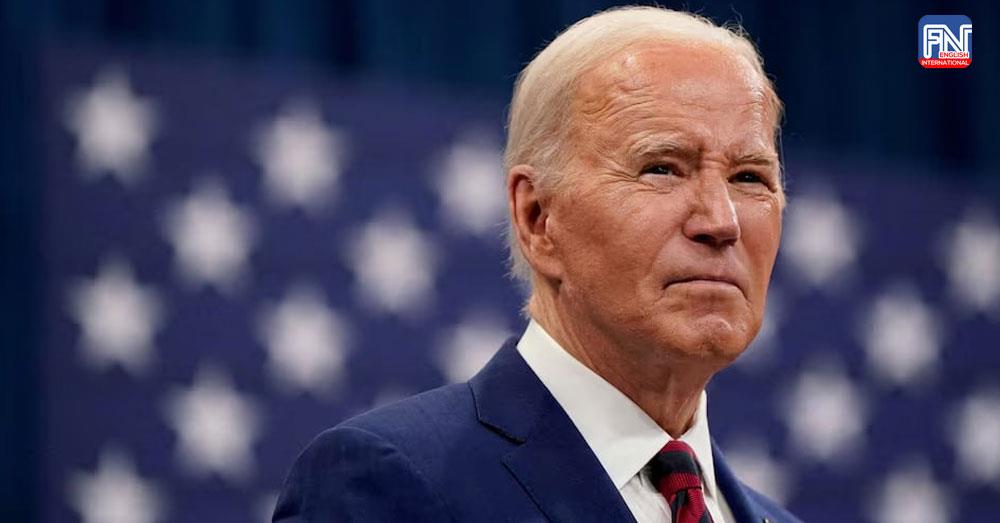WASHINGTON, Apr. 4 (Reuters) - U.S. President Joe Biden effectively gave Israeli Prime Minister Benjamin Netanyahu an ultimatum on Thursday: protect Palestinian civilians and foreign aid workers in Gaza or Washington could rein in support for Israel in its war against Hamas militants.
The message, after months of U.S. calls for Israel to change its military tactics that have killed tens of thousands of Palestinians, followed an Israeli attack that killed seven World Central Kitchen (WCK) aid workers and triggered global outrage.
Israel admits the strike was a mistake.
The White House did not say exactly what steps it wanted Netanyahu to take, nor what it would do if he failed to take them. But analysts said the implicit threat was to slow U.S. arms transfers to Israel or to temper U.S. support at the U.N.
"This is as close to a 'come to Jesus' moment as you can get," said analyst Steven Cook of the Council on Foreign Relations think tank, referring to Biden's comment last month that he and Netanyahu were heading for such a turning point.
Dennis Ross, a veteran U.S. diplomat now at the Washington Institute for Near East Policy said: "The president, in effect, is saying meet these humanitarian needs or I will have no choice but to condition (military) assistance."
Biden, up for re-election in November, has struggled to balance pressure to rein in Netanyahu from progressive Democrats dismayed at the Palestinian civilian death toll against the risk that may alienate mostly pro-Israel independent voters. He has so far resisted setting conditions on arms transfers.
The war began after Hamas' Oct. 7 attack on Israel killed 1,200 people, according to Israeli tallies, prompting an Israeli invasion that has laid waste to much of the densely populated territory and displaced most of its 2.3 million people.
More than 33,000 Palestinians have died, according to the health ministry in Hamas-ruled Gaza, of which most were women and children. Israel accuses Hamas of using civilians as human shields.
Describing their call, the White House said Biden called for Israel "to announce and implement a series of specific, concrete, and measurable steps to address civilian harm, humanitarian suffering, and the safety of aid workers.
"He made clear that U.S. policy with respect to Gaza will be determined by our assessment of Israel's immediate action on these steps," the White House added in a statement.
U.S. Secretary of State Antony Blinken was more blunt.
"Look, I'll just say this: if we don't see the changes that we need to see, there will be changes in our policy."
On Thursday evening, just hours after the call, the Israeli government announced several steps to increase aid flows to Gaza, including opening the Ashdod port and the Erez crossing into northern Gaza and increasing aid deliveries from Jordan. It was not clear if the steps would be enough to satisfy U.S. demands.

Photo from Reuters